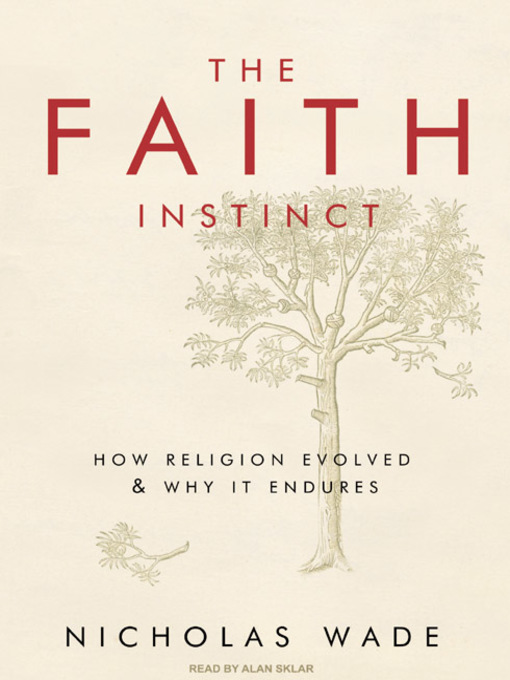- Asian & Pacific American Heritage
- GRPL Staff Picks
- Artistic Reads
- Asian American and Pacific Islander Heritage Month
- 2025 Libby Book Award Winners and Runners Up
- How Does Your Garden Grow?
- National Poetry Month
- 250th Anniversary of the American Revolution
- Celebrating Women
- Curl Up with a Cozy Read
- Our Favorite Sleuths
- Life-Changing Women
- Women's History Month
- See all ebooks collections
- Asian American & Pacific Islander Heritage
- Mental Health Awareness
- Artistic Reads
- GRPL Staff Picks
- 250th Anniversary of the American Revolution
- 2025 Libby Book Award Winners and Runners Up
- Asian American and Pacific Islander Heritage Month
- National Poetry Month
- How Does Your Garden Grow?
- She Persisted: Women's history
- Women's History Month
- Our Favorite Sleuths
- Curl Up with a Cozy Read
- See all audiobooks collections

